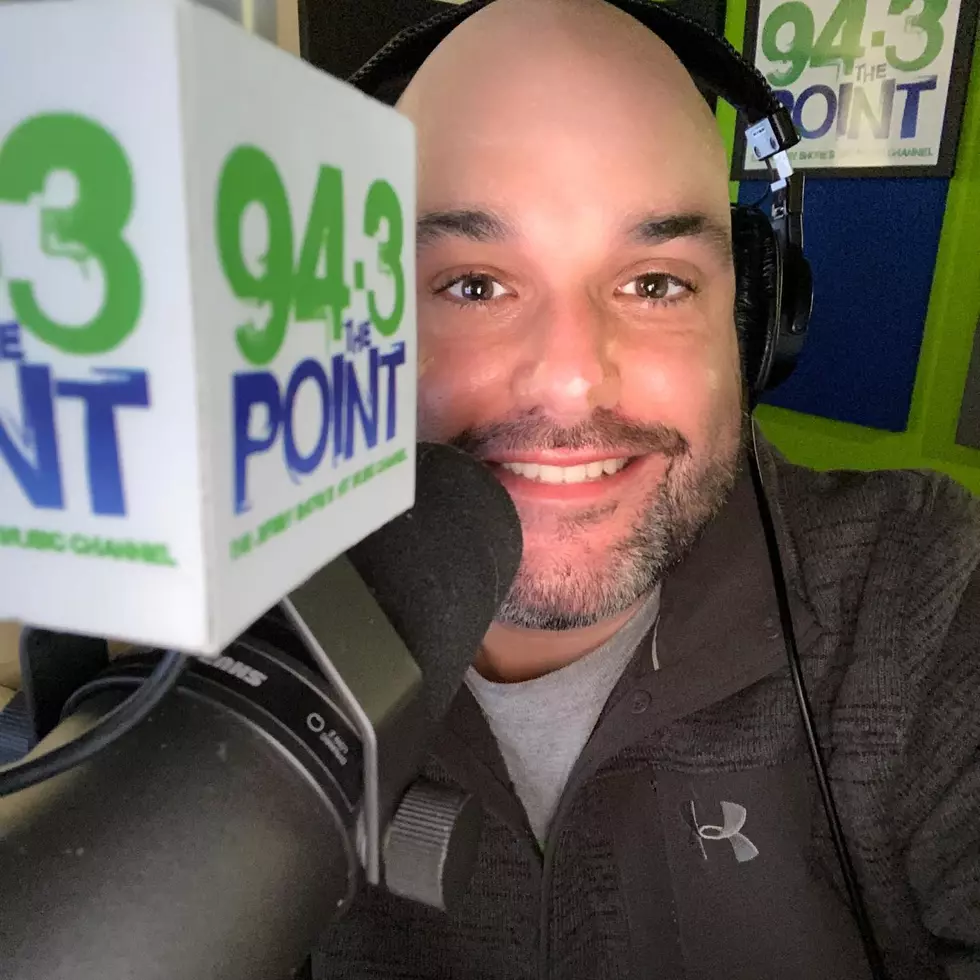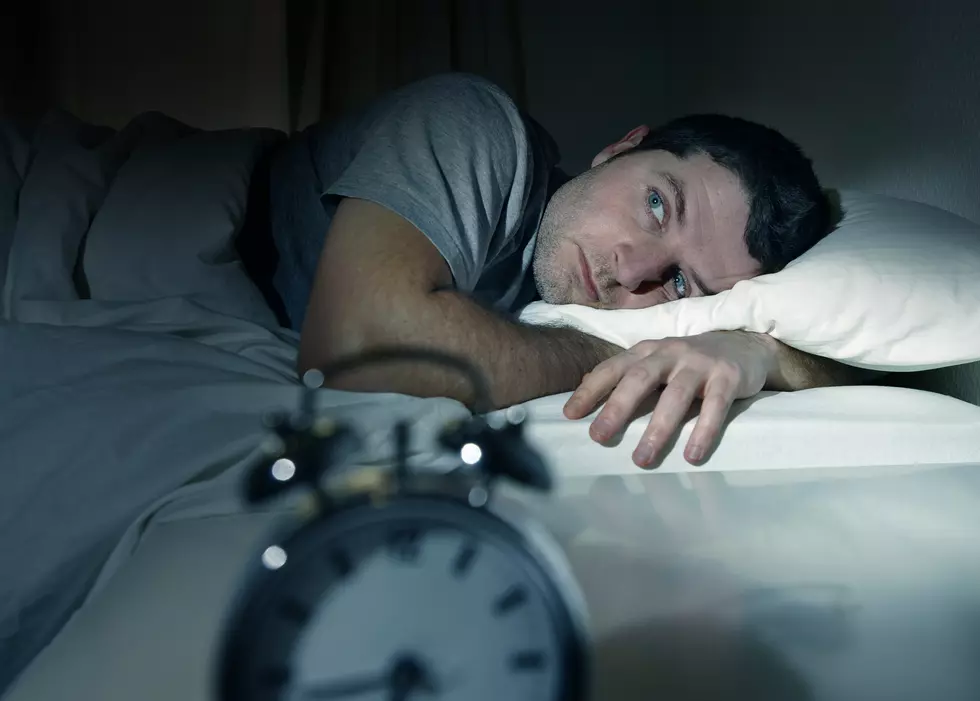
Matt Ryan Talks About His Hiatus from 94.3 The Point
Day one. I just got off the air after being away for over two months. I was extremely nervous, but the show was, dare I say, pretty good. Maybe it's like they say, "It's like riding a bike."
If you've followed me on the radio or in this space, you know that I've struggled with mental health since I was a teenager and that it's something I'm very vocal about.
While I haven't hesitated to share my life's ups and downs in the past, this time was very different. This time, I felt shame. Truthfully, I still do to a degree.
As I type this, I'm still unsure if it's wise to be this transparent about something incredibly personal. Writing in this much detail is risky, but it's more important that I help people. I've been gifted a microphone and a keyboard.
Listen below to what I had to say on the air.
At the beginning of the year, I started to feel my depression start to creep back into my life. As usual, I acknowledged it and continued to work through it.
As the months came and went, the depression got worse, and the telltale signs of a depressive episode became a reality—isolation from family and friends, lack of interest in things you enjoy, and overwhelming sadness.
The ability to do life's most basic tasks became nearly impossible. Answering texts was even harder. This had become more than a "down time" in my life.
I knew I was in trouble when I lost something important. Hope.
I clearly remember talking to my boss at the radio station about my struggles. He asked if he needed to worry about me, but I didn't answer. What would normally be an "of course not" was "I'm not sure."
After consulting with my doctor, he decided I needed to receive a higher level of care. That meant stepping away from my job, my people, my life.
Many know about psychiatric hospitals from what they see in movies and TV. It's not like that at all.
Is it a dream vacation? No, not at all.
All the comforts and freedoms that we take for granted are taken away. No TV, no computers, and no phone. The no-phone is actually quite nice once you get used to it. It's like a digital cleanse.
You pass the time by talking with other residents, reading, and attending group therapy sessions.
Group therapy is an amazing experience, and I wish everyone could participate in it just once.
Using the word therapy when sitting with complete strangers and sharing your life's most private details seems strange.
However, magic happens when you reveal your struggles with people who can relate to them.
You realize very quickly that you are not alone. You gain insight from other group members when they open up about themselves. Those members also give you an outsider's perspective on your situation.
Medication management is also a big part of the hospital process.
While you're a patient, a psychiatrist sees you every day instead of once a month when you're not admitted. Nurses are also around 24/7 to check your vital signs and answer questions.
After visiting with the doctor, I was told that I have treatment-resistant depression. This is a form of depression that does not typically respond to medication.
No blood work gives you this diagnosis. Instead, it's a process of trying the medicines out there. Unfortunately, none of them have put me into remission.
It would be nice if there were a magic pill that made everything better, but that's not realistic.
The course of action for treatment-resistant depression includes alternative therapies, talking with a professional, and monitoring your overall health.
I was at the hospital for two weeks, and right after I returned home, I entered what's called outpatient therapy. This is where you attend group sessions and visit your doctor while maintaining your "normal life."
I mentioned feeling ashamed. Why? It wasn't so much that I went to the hospital as that I went there again. I had failed. It happened again.
I mentioned this to one of the hospital's group leaders, and they made a really good comparison.
They told me to think of myself as a car—not any car, but my dream car. She said that for your "car" to function and run, it needed tune-ups and to think of reentering the hospital as a tune-up.
It took a while for that to sink in and for me to believe it. After all, being hospitalized for your mental health is one heck of a "tune-up." But is it?
Do we judge others for having to go to the hospital for multiple surgeries on their back, heart, or any other part of the body? Usually not.
It's taken me a long time to truly accept that the brain is just like any other organ in the body. Sometimes, it doesn't function properly for many different reasons, and that's okay.
Still, there's a stigma attached to it. That is why I share.
I know what it's like to feel alone with mental health issues. It can make you feel like you're the only one in the world suffering, and nobody could possibly understand it. Vocalizing is sometimes the hardest part.
If you've made it this far, and you or somebody you know struggles with mental health, it's critical that you hear this. You are not alone.
Maybe we've never spoken. Maybe you listened but never interacted. I don't care if you have no idea who I am; you've never listened to my show or just happened to stumble across this article. You've got me.
If you ever need to talk, please don't hesitate to let me know. I may not have the answers you want or need, but I can always point you in the right direction.
Call 988 immediately or check out these resources if there's a crisis.
If you're not struggling with mental health, continue to be kind and compassionate to those who are. It may seem minor, but those acts go a tremendous way.
We only get one chance at this life, and it's too precious to be lived in pain.
I'm feeling well and so happy to be back with you. Peace and love.
Here are some tips for self-care:
More From 94.3 The Point









